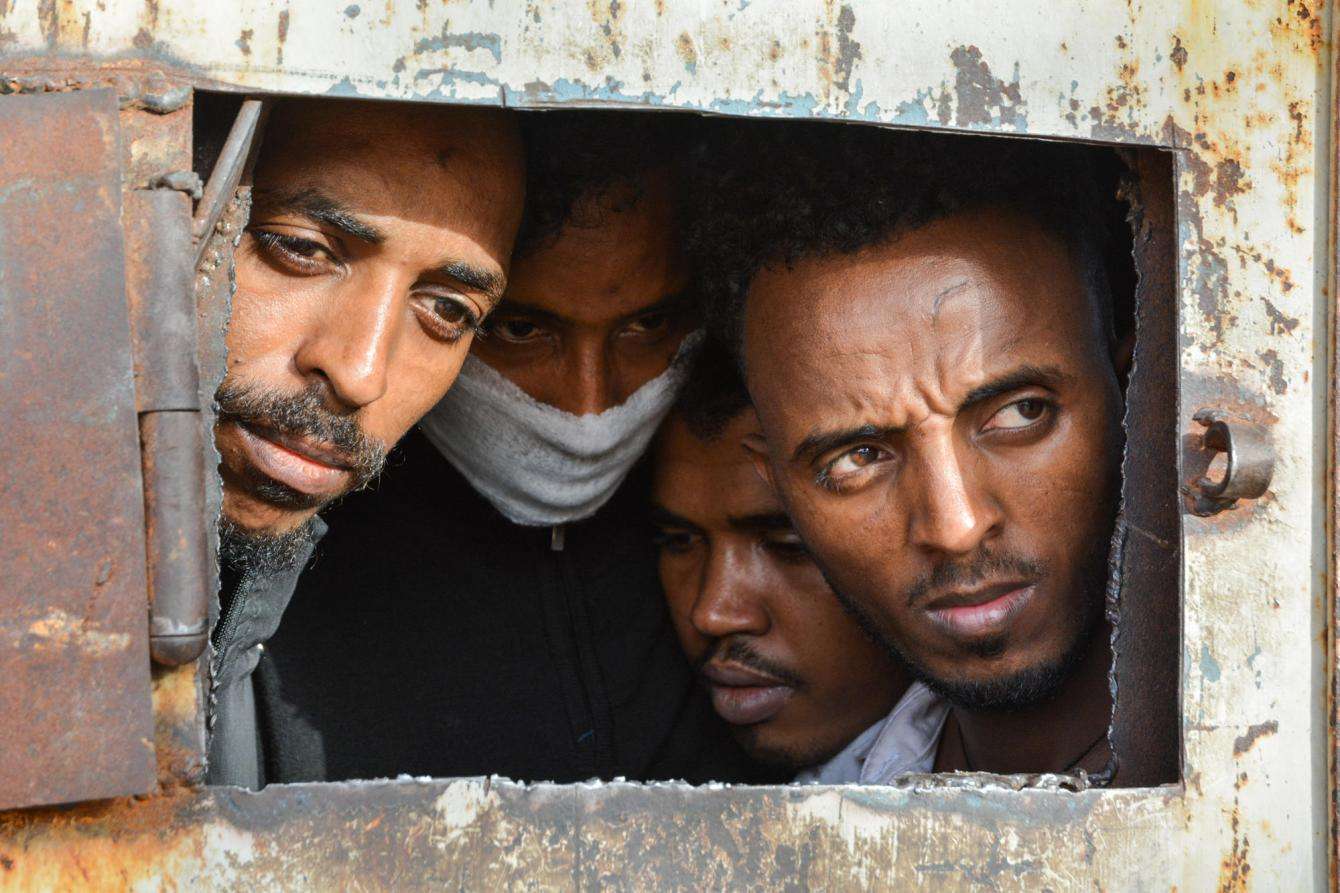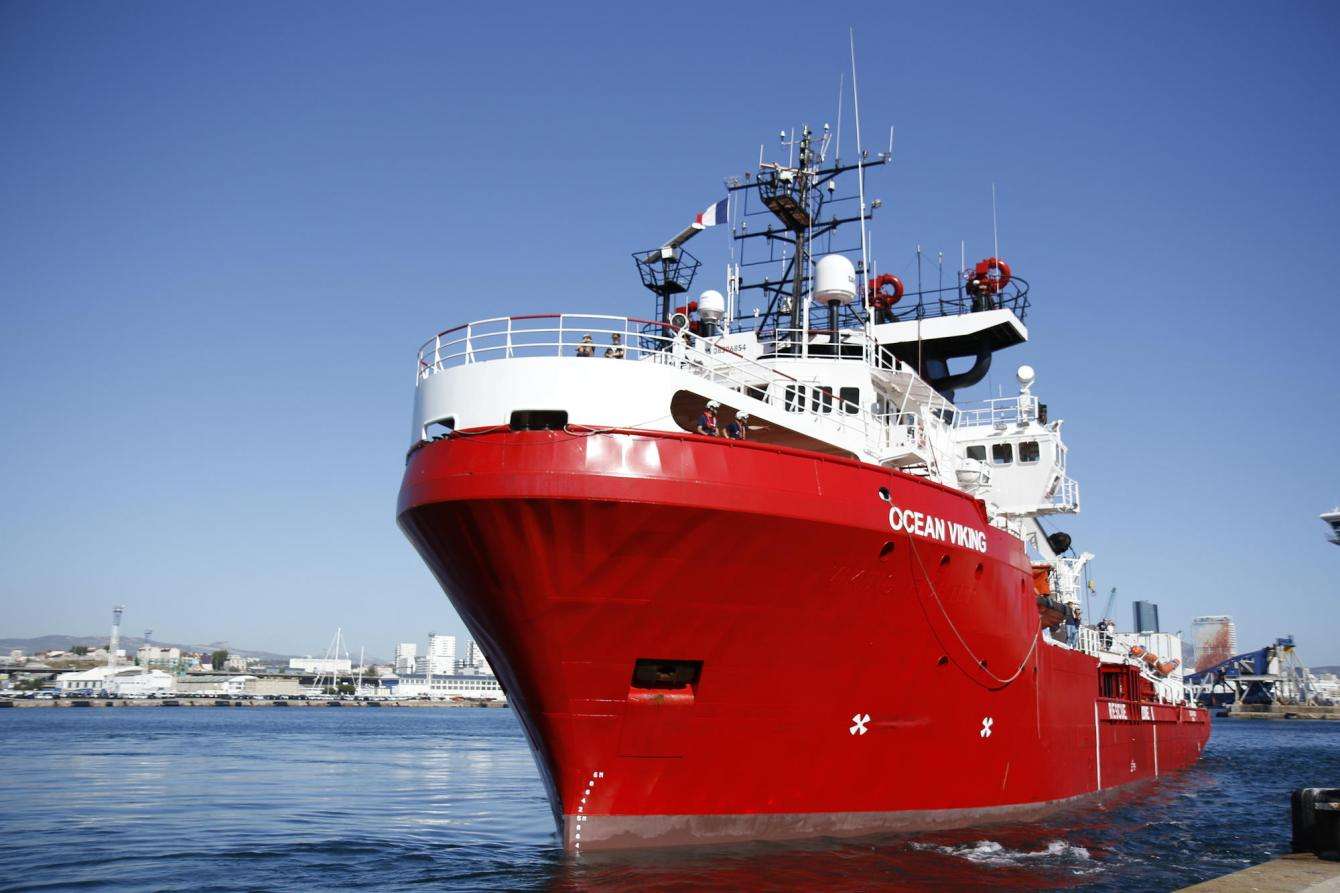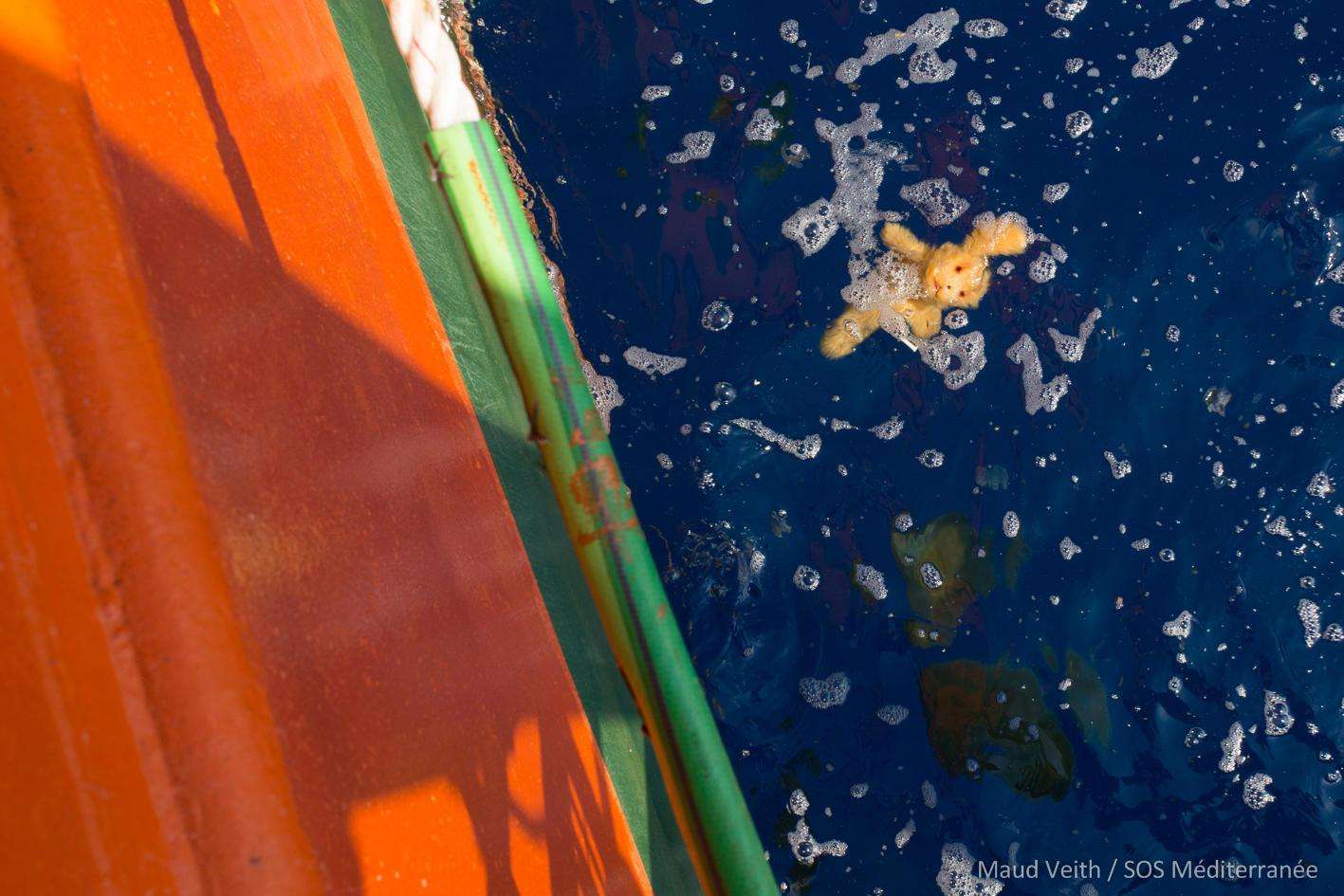By Dr. Joanne Liu, MSF International President
On July 25, tragedy once again hit the Mediterranean.
An estimated 150 people drowned whilst fleeing Libya. It brings this year’s toll in the Central Mediterranean Sea to at least 576 people. This entirely avoidable loss of life highlights the desperate lack of search and rescue capacity, and the terrible plight of those fleeing Libya.
Doctors Without Borders/Médecins Sans Frontières (MSF) witnesses first-hand the unimaginable human price being paid for the policies of interception and detention of migrants and refugees. To see the detention centers in Libya is to see human suffering on an industrial scale.
For many of the survivors of the July 25 disaster, the vicious cycle of arbitrary detention, violence, and exploitation continues without end in sight.
People are still being held in Tajoura—the very detention center that was hit by an airstrike one month ago, killing 53 people and injuring another 70.
It seems that Europe’s leaders consider people drowning as an acceptable price to pay in order to stem the flow in the Central Mediterranean.
Dr. Joanne Liu, MSF International President
An MSF doctor who witnessed the devastation described the scene as a bloodbath: “There were bodies everywhere, and body parts sticking out from under the rubble. At some point, I had to stop…I would have to walk over the bodies to proceed. I knew many of the dead by name, I knew their stories.”
As with those who continue to drown at sea, the deaths at Tajoura were both predictable and preventable. Such deaths will continue for as long as calls for evacuation are ignored. There is nothing currently protecting people from further airstrikes or militia violence in Libya. Forcing people back to detention centers is, for many, a death sentence.
The human tragedy facing those caught in Libya is a man-made tragedy. When maritime deployments under Operation Sophia were stopped, Europe’s leaders could no longer pretend they were saving lives.

The only “choice” left for people trying to flee Libya is between being stuck in a detention center, or risking death at sea. It seems that Europe’s leaders consider people drowning as an acceptable price to pay in order to stem the flow in the Central Mediterranean. Nothing can justify the fact that people are trapped in Libya, or left to die at sea on Europe’s doorstep.
In recent weeks, some EU leaders called for predictable and sustainable solutions for search and rescue, and for an end to arbitrary detention in Libya. The situation cannot wait: turn these words into actions. Refugees and migrants trapped in Libya must be allowed to flee to safety, and forcible returns must end.
Clear, concrete actions must include the restarting of full search and rescue operations. A clear mechanism for disembarkation at safe ports must be established.
Dr. Joanne Liu, MSF International President
European leaders must enable the full evacuation of all those arbitrarily detained. This has been shown to be possible in the recent past. And yet for every one person evacuated or resettled out of the country, three more people are forcibly returned by the Libyan Coastguard.
That is the very same Libyan Coastguard that the EU is supporting with additional vessels. If leaders are finally to live up to their public declarations, this fundamental contradiction must be brought to an end.

On July 25, as MSF staff were providing care to 135 of the survivors, we were also being blamed for the deaths. MSF and SOS MEDITERANEE recently announced the restarting of lifesaving search and rescue operations in the Central Mediterranean. And once again, we are being accused of contributing to a "pull" factor for those fleeing Libya. The facts show this to be categorically untrue. People trapped in Libya, facing violence and stripped of their fundamental human rights, will continue to flee for their lives. That is basic human instinct, and it happens regardless of whether or not NGO vessels are operating.
The human tragedy facing refugees and migrants in Libya and at sea is entirely preventable.
Clear, concrete actions must include the restarting of full search and rescue operations. A clear mechanism for disembarkation at safe ports must be established, and the thousands of refugees and migrants trapped in detention centers must be evacuated from Libya, without further delay.
The assistance that NGOs and humanitarian organizations can offer those trapped in Libya and at sea is incredibly limited. We do not have the ability to change the situation.
As the leaders of Europe, you alone have the power to break the cycle of detention, suffering, and death.
Thousands of people depend on your actions. They cannot wait any longer.




